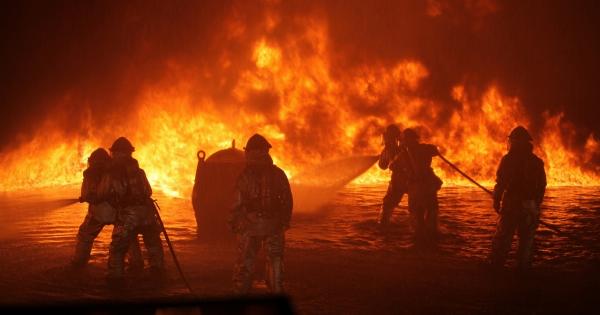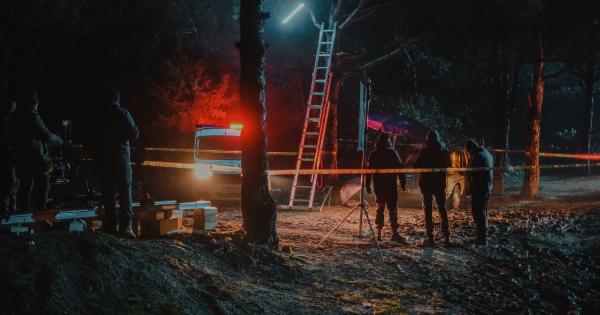Certain professions are known for their simplicity and lethality. These jobs require minimal training and can result in dangerous outcomes. Despite their basic nature, they play a crucial role in society.
In this article, we will explore ten such simple and lethal professions and delve into their significance.
Lumberjack
The lumberjack profession involves felling trees and preparing the timber for various purposes. While it may seem straightforward, operating heavy machinery and handling sharp tools can be extremely perilous.
Accidents such as falling trees and equipment mishaps make this job quite dangerous. Proper training and safety measures are indispensable for those in this trade.
Fisherman
Fishing is an ancient profession that is still in practice today. These courageous individuals face the open sea and unpredictable weather conditions while working on their boats.
The risks of being caught in a storm, being thrown overboard, or getting entangled in fishing nets are very real. Fishermen also encounter the dangers of handling sharp tools and dealing with slippery decks.
Roofing
Roofers face numerous hazards while working at great heights. They are constantly exposed to the risk of falling, which can lead to severe injuries or even fatalities.
Furthermore, roofers often work with machinery, power tools, and hot materials, increasing the potential for accidents and burns. Proper safety equipment, such as harnesses and safety nets, are essential for mitigating these risks.
Window Cleaning
Window cleaning may seem like a simple task, but it can be life-threatening when performed at great heights. With high-rise buildings becoming more prevalent, window cleaners often find themselves suspended on ropes, hundreds of feet above the ground.
The use of proper safety equipment is crucial in preventing falls and ensuring the well-being of these professionals.
Underwater Welding
Underwater welding requires a unique set of skills and courage. Combining knowledge of welding techniques with diving expertise, underwater welders perform their tasks in often treacherous and confined environments.
Hazards such as electric shock, explosions, and nitrogen narcosis pose significant threats. Extensive training and adherence to safety protocols are vital in this profession.
Security Guard
Security guards serve as a frontline defense for various establishments, including banks, malls, and residential buildings. While their job may seem basic, they often encounter risks such as physical altercations, theft, and even armed confrontations.
Guards must receive proper training in handling emergency situations and utilizing different security measures to ensure the safety of the premises and its occupants.
Chemical Laboratory Technician
Chemical laboratory technicians handle hazardous materials and work with complex equipment on a daily basis. The risk of chemical exposures, fires, and explosions are ever-present.
One small error in handling or mixing chemicals can have severe consequences. Strict adherence to safety protocols and wearing appropriate protective gear are essential in this profession.
Powerline Maintenance
Powerline maintenance workers face numerous dangers while repairing and maintaining electrical infrastructure. They work with high-voltage power lines and operate heavy machinery at significant heights.
Electrocution, falls, and equipment malfunctions are primary concerns in this line of work. Rigorous training, strict safety protocols, and protective equipment are vital for the well-being of these professionals.
Delivery Drivers
Delivery drivers navigate through traffic and encounter various road conditions on a daily basis. Their profession may seem simple, but accidents and collisions are an ever-present risk.
Long hours, fatigue, and the pressure to meet deadlines can exacerbate the dangers associated with this job. Adhering to traffic laws, taking breaks to rest, and practicing defensive driving are essential in ensuring driver safety.
Construction Workers
Construction workers face multiple hazards on construction sites, including falls, falling objects, and accidents involving heavy machinery. They also work with power tools and potentially dangerous materials.
Proper safety training, using protective equipment, and closely following site protocols are necessary to reduce the risk of injuries and fatalities in this occupation.
Conclusion
These ten professions may be simple in nature, but their lethality should not be underestimated. From working with sharp tools to navigating dangerous environments, those in these roles face numerous risks every day.
By recognizing the dangers associated with these jobs, society can better appreciate the expertise and dedication required in these professions, while also emphasizing the importance of safety measures to protect these workers.






























